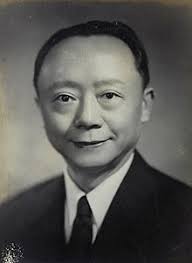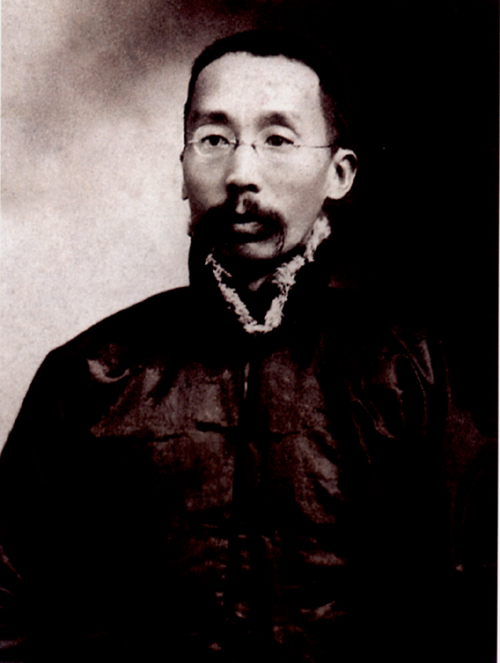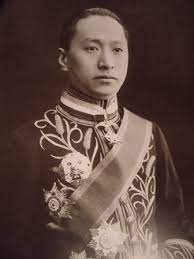Ho Ch'eng-chün (20 June 1882-7 May 1961), was a military officer and protege of Huang Hsing who became a leading intermediary in negotiations with independent generals and among competing factions in the Kuomintang. He held such posts as governor of Hupeh (1929-32; 1937-38), director of the Generalissimo's Wuhan headquarters, and director general of the courts-martial […]













